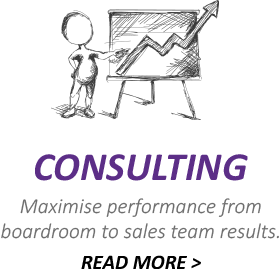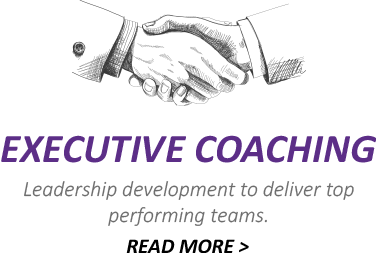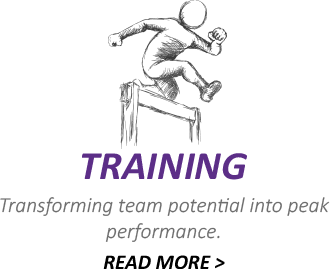
Success feels good. You have worked hard for your great sales results this year.
So, why would I rain on your parade by talking about the trap of success?
Because there are two common success traps to avoid that will keep your results consistent and you out of the dreaded sales boom and bust scenario.
Firstly, all your hard sales work will inevitably create a need to devote additional time to delivering and implementing your service or product with a new customer. You want them up and running fast and seeing value from their purchase. This is a critical part of the sales process and one not to neglect, as lifetime clients are your goal.
However, the trap many successful salespeople fall into is that they lose focus on maintaining their proactive sales activities and neglect the constant need to refill the pipeline with fresh sales opportunities. Their pipelines start to atrophy leaving them scrambling to fill the void. The key is to ensure 10% of your time each week is devoted to new prospective sales work, with no excuses. This one action will keep the number of prospecting meetings at a level it should be to produce new sales opportunities into the pipeline each and every month.
The second success trap is one that even the most experienced salesperson can fall into. The problem is their previous success becomes their weakness. Because they have seen many of the customer problems before they become reluctant to go through the full process of learning and listening to the customers situation and challenges. They are too quick to provide solutions, ironically sometimes they do have the right solution, but the client sees it as generic and not specific to their needs.
So, in their urgency to sell a solution they have missed a key part of the sales process out, one that often leads to lost sales and poor results.
From the customers perspective, they have a fundamental need to feel understood before they are ready to trust you and consider potential solutions to their issues.
All of us have at one time made assumptions about a person, company or situation that proved to be incorrect.
Do we really make assumptions about people we meet in a Nano-second?
Yes, absolutely we can’t help it even if it’s on a sub-conscience level.
However, when it comes to understanding a client’s needs and concerns, communication can be tricky and complex especially when you think you have heard it all before.
The old cliché, “Making assumptions makes an ass of you and me” comes back to haunt us when we realise later we didn’t really listen carefully enough.
One vital aspect I often see missing in communication with clients is the habit of confirming back what ‘You Think’ you have just heard them say to ensure you have understood it correctly.
Particularly during a meeting when a client mentions an issue they are facing is it essential for us to investigate thoroughly. We need to drill down and find the real reason or cause for the problem and get all the background details to fully understand their situation.
However, the problem is we often fail to confirm back with a question to make sure we have it right…we assume we have got it!
Why is it important to ask these confirming questions? Well there are two main reasons:
- You are ensuring that you have clearly understood the issue and background details, plus if you have misunderstood or the client has overlooked any important points it gives both of you an opportunity to correct it.
- Secondly, and maybe even more significant is the level of trust that is built between you and your client during this process.
When they see you have:
- a) taken the time to fully understand their personal situation and
- b) have correctly summarised the key issues effectively, trust is achieved.
So often we are focused on demonstrating our capability that as soon as we hear our prospective client mention an issue they are facing we dive in with solutions, references and examples before we have fully investigated and confirmed back to ensure we are on the same page.
My challenge for you this week is to:
- Block out time for new business sales activities in your calendar ever week.
- Improve your communication. Ask more ‘Confirmation’ questions – don’t assume.
- Focus on ‘Staying in the moment’ – really focus on what your client is saying. Rather than thinking ahead as they’re speaking about what you want to say next.
Ultimately, their last comments will give you the next step to move the conversation forward successfully and keep you right on point! Try some of these tips and drop me an email with any questions, I’d love to hear your experiences.





